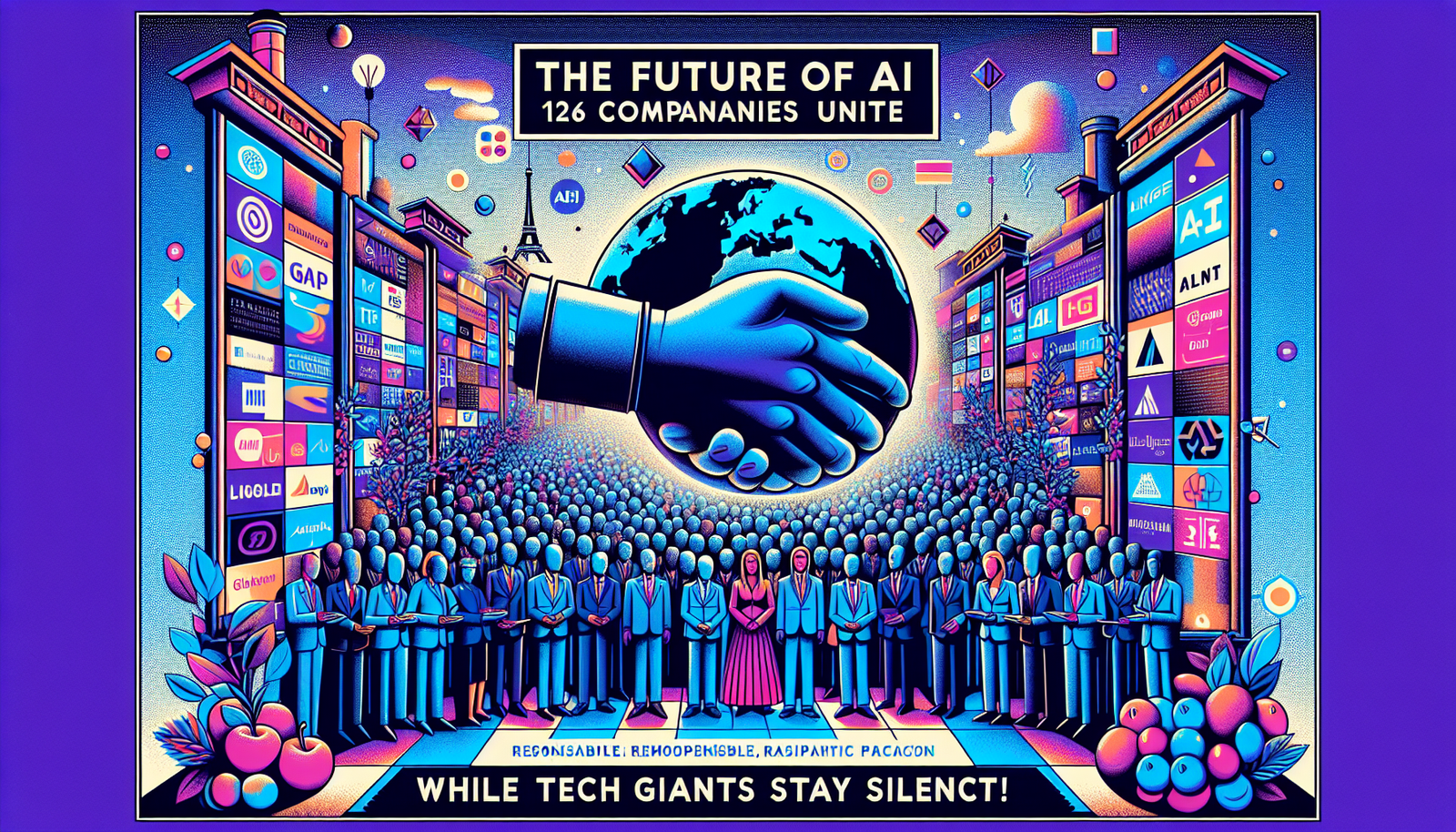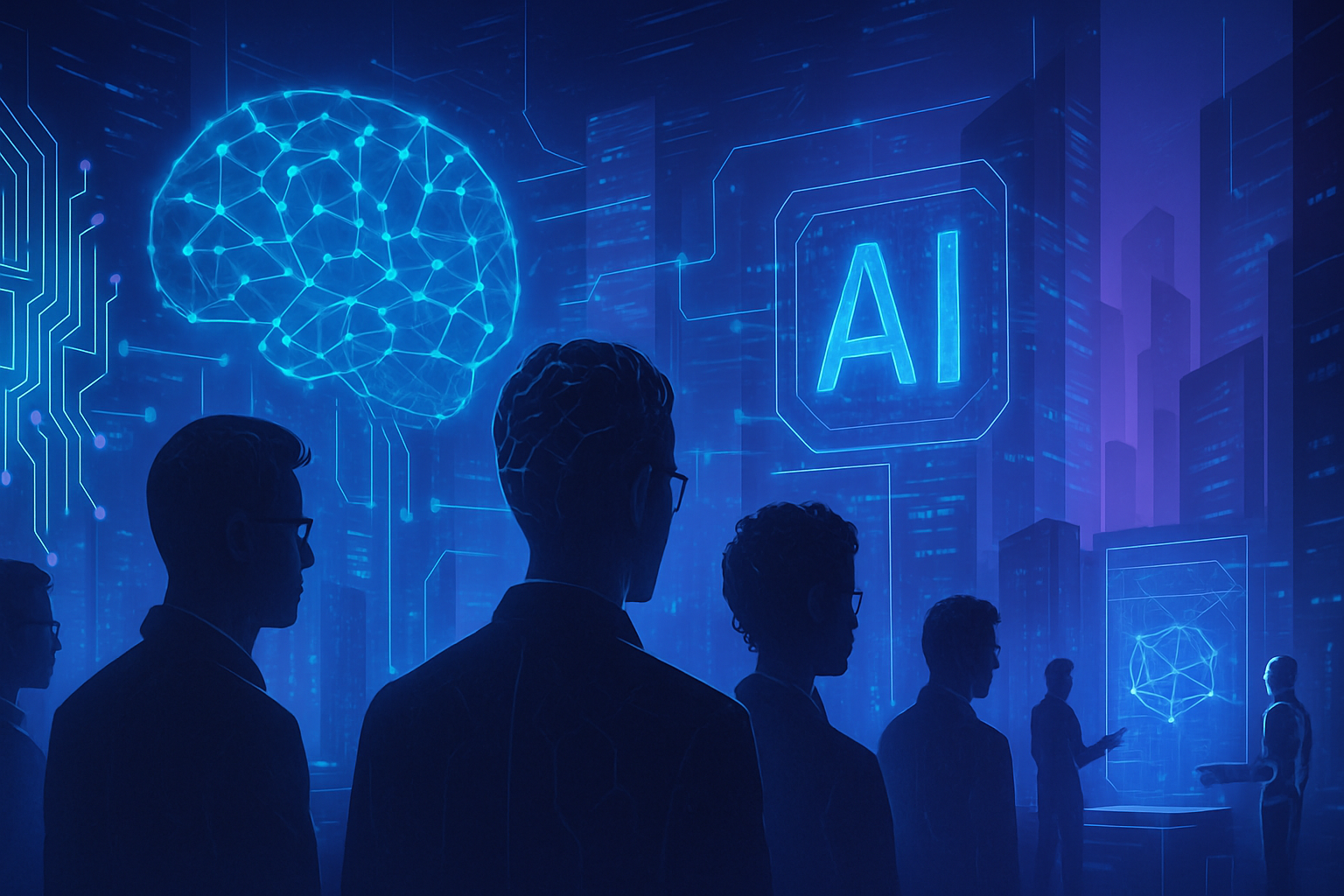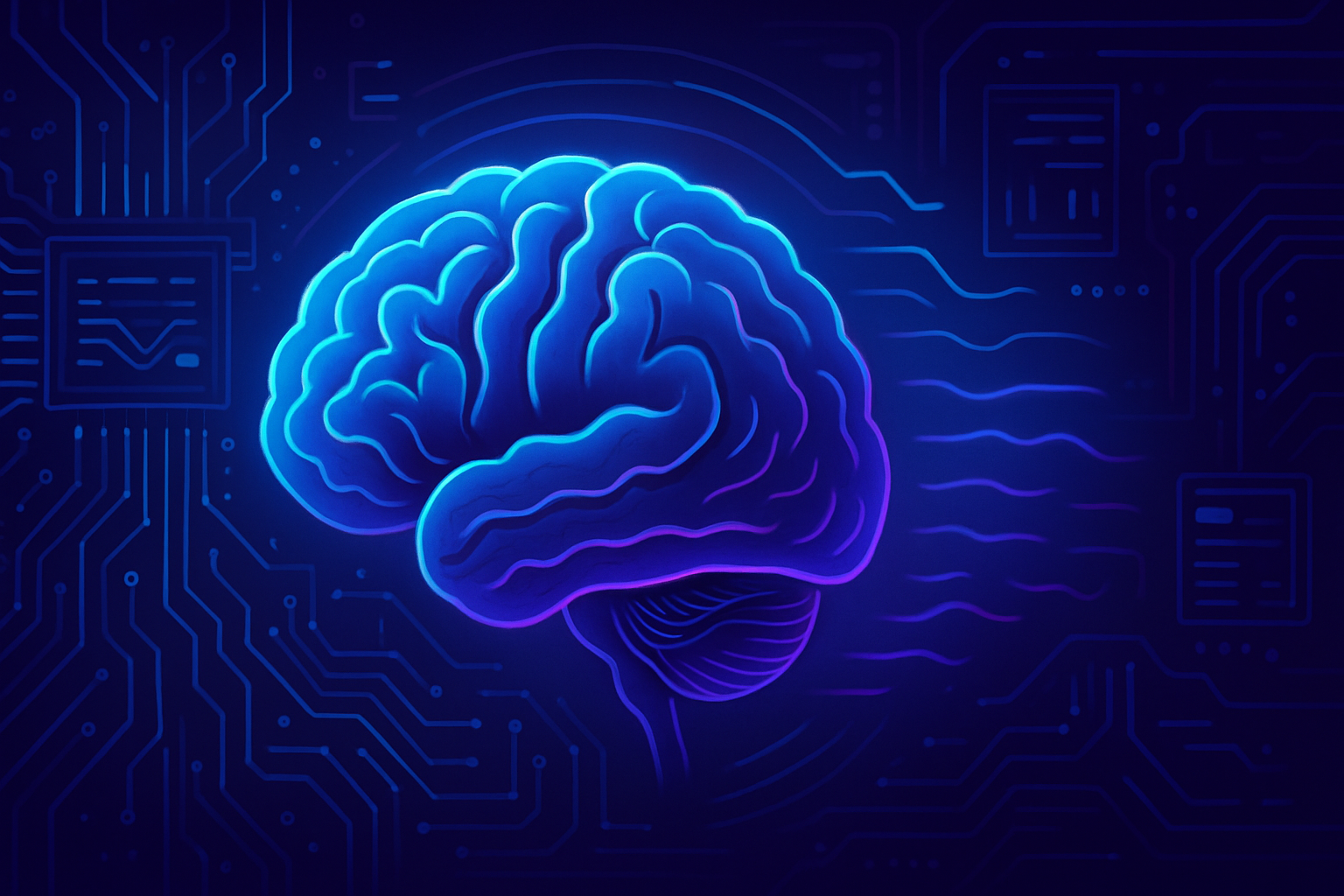Artificial intelligence currently sparks heated debates about its ethical and responsible use. The recent pact signed by 126 companies in Europe marks a decisive turning point. This compromise aims to establish governance standards for AI, but Apple and Meta are withdrawing, raising questions about their commitment. The regulatory implications are likely to shape the future of technology by ensuring public trust. The showdown between large companies and the European Union underscores the need for fruitful dialogue on these issues.
The European Agreement for Responsible AI
Recently, 126 companies came together to sign a pact aimed at promoting the ethical adoption of artificial intelligence (AI) in Europe. This initiative, led by the European Union, seeks to establish clear standards to ensure the development of user- and society-respectful AI. Among the signatories are major players such as Google, Microsoft, and OpenAI, who affirm their commitment to adopting responsible practices.
The Missing Giants: Apple and Meta
Despite this broadening of consensus, two emblematic giants, Apple and Meta, choose to remain on the sidelines. Both companies have expressed concerns about the implications of European regulations on their operations. Their refusal to sign this agreement raises questions about their commitment to regulation and ethics in AI. While many other players collaborate for an ethical future, Apple and Meta maintain a distant position.
Concerns of Companies
The reaction of companies can be explained by criticisms directed at regulations deemed “inconsistent.” Meta, for example, has warned Europe against creating rules that could stifle innovation. About thirty companies, including Meta, have voiced their reservations about how these laws will affect their ability to develop cutting-edge technologies while adhering to ethical standards.
Impacts on the AI Sector
This situation could have significant repercussions for the AI sector. Creating a predictable and transparent regulatory framework remains essential to instill trust among users. The lack of commitment from Apple and Meta raises questions about their long-term vision. Their decisions may also influence partner companies that might hesitate to support similar measures.
Toward an International Regulatory Framework
The quest for a regulatory framework for AI has already begun to gather voices at the international level. The Bletchley Park summit recently held was an important milestone in this endeavor. By collaborating with industry leaders, Europe hopes to establish common standards aimed at regulating AI on a global scale. The discussions held there echoed a call for international regulation.
Several speakers, including Elon Musk, have proposed innovative solutions to harmonize the development of artificial intelligence worldwide. Driven by similar ethical concerns, these leading players envision collective governance to anticipate future challenges.
An Uncertain Future
The landscape of AI in Europe, with the support of 126 companies, is moving towards a more regulated development, but remains tarnished by the absence of Apple and Meta. These giants offer an alternative vision that could hinder the current momentum. As ethical issues gain prominence, it becomes essential to monitor these developments to fully understand the implications of this dichotomy within the market.
In the meantime, innovation must continue while respecting the fundamental principles promoted by the European AI pact. The future remains to be drawn, in a context where the tensions between regulation and innovation will determine the direction of this rapidly expanding sector.
For an in-depth analysis, check out this article on the European AI Pact. You can also follow the AI Summit at Bletchley Park to see how industry leaders are responding to these challenges.
Frequently Asked Questions
What is the European Union’s artificial intelligence pact?
The European Union’s artificial intelligence pact is an agreement signed by 126 companies, aiming to promote responsible and ethical AI adoption by establishing principles of transparency, security, and respect for fundamental rights.
Why did Apple and Meta not sign the EU AI pact?
Apple and Meta chose not to sign the pact, citing concerns about rules they consider inconsistent and a legal framework that could restrict their technological initiatives within the European Union.
What are the main objectives of the EU AI pact?
The primary objectives of the pact are to ensure the development of trustworthy AI, to protect users from abuse, and to foster innovation within an ethical and legally harmonized framework across Europe.
Who are the other significant signatories of the AI pact?
Among the signatories are major companies like Google, Microsoft, OpenAI, and other global leaders in artificial intelligence, committed to adhering to the principles of the pact.
What impact will the absence of giants like Apple and Meta have on the pact?
The absence of these giants could limit the pact’s impact, as their influence on the AI market is significant. This raises questions about the pact’s ability to apply to the entire European technology ecosystem.
How will the AI pact regulate the practices of signatory companies?
The pact establishes standards and commitments that signatory companies must follow to develop AI technologies in accordance with ethical values and user rights, but it remains to be seen how these rules will be implemented and monitored.
What is the role of the European Union in regulating AI?
The European Commission plays a central role in developing regulations and directives to ensure that AI is developed and used responsibly, protecting citizens’ rights while fostering innovation.
How does the AI pact influence the future of the technology sector in Europe?
The pact could create a clearer legal framework for AI development in Europe, stimulating investments and innovation while establishing standards that could influence companies’ practices on a global scale.






